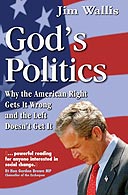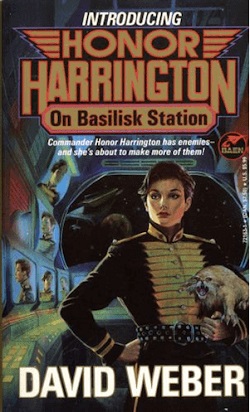In Depression-era Chicago, Harper Curtis finds a key to a house that opens on to other times. But it comes at a cost. He has to kill the shining girls: bright young women, burning with potential. He stalks them through their lives across different eras, leaving anachronistic clues on their bodies, until, in 1989, one of his victims, Kirby Mazrachi, survives and turns the hunt around."
A bizarre little beauty of a book, this time travel serial killer murder mystery who-dunnit, is, as that description suggests, a mish-mash of all sorts of genres that shouldn't really work but do.
The story itself is lithely written, racing along at a solid pace. Both the heroine, Kirby, and the villain, Harper, are terrifically written, with neither given the treatment of flawlessness; Harper is a monster, but also a victim of circumstance, petty, vindictive, cruel and murderous, but also weighed down upon by the House, and his own half-created destiny. Kirby is broken, but rarely sympathetic, she's shattered into cold edges, and like Gone Girl this a story of flawed human beings who often exert little in the way of humanity.
Trotting between eras, the real skill of The Shining Girls is in picking out victims that do pull at the herat strings; Harper's task, to kill off women with something exceptional about them is horrifyingly, cruelly misogynistic and utterly readable. In choosing such an obviously 'good' group to target Beukes removes the need to make them 'good' people; their lives are testament to that, and so Kirby's own flaws mean very little compared to what she could have been. Her survival is in a world that she is out of place in, her achievements after are through a prism of her broken nature.
Really enjoyable book. Perfect thriller.
Also Try:
Audrey Niffenegger, The Time Travelers Wife
Robert Harris, Silence of the Lambs
Dean Koontz, From The Corner of His Eye






